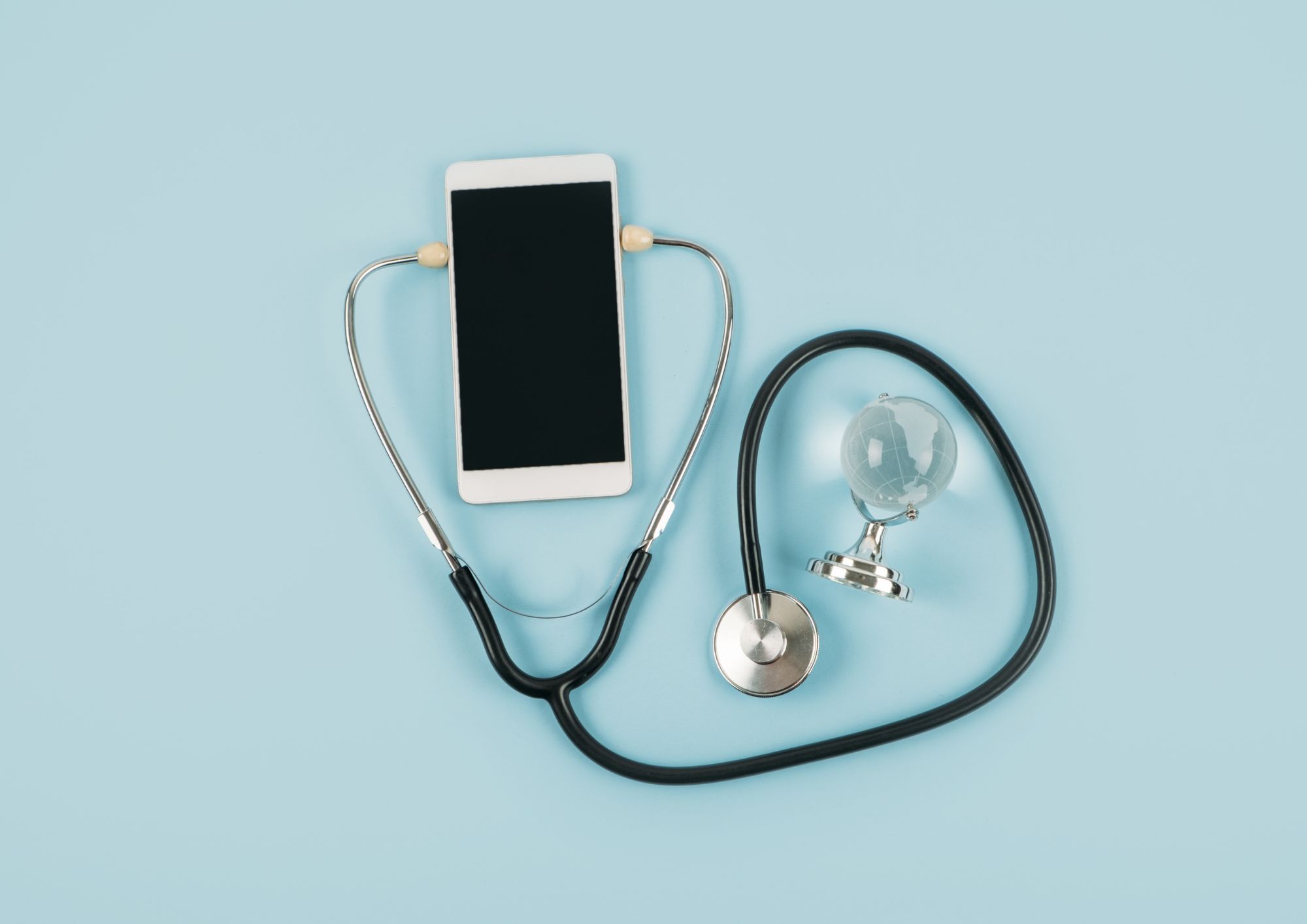The healthcare industry is undergoing a digital transformation, leveraging technology to improve patient outcomes and increase efficiency.
This blog explores the benefits of this transformation, providing examples, facts, and figures to showcase the impact on patient care and healthcare operations. 😊
Electronic Health Records (EHRs)
Electronic Health Records (EHRs) have revolutionized the way healthcare providers store and access patient information.
By digitizing records, medical professionals can access a patient’s complete medical history at the click of a button.
This not only reduces errors caused by miscommunication or missing information but also streamlines the patient care process, increasing efficiency.
According to a study by the US National Library of Medicine, EHRs have been associated with a 3-6% decrease in hospital stays and a 3% decrease in hospital costs. 📉
Telemedicine
Telemedicine, the remote delivery of healthcare services through telecommunications technology, is gaining momentum.
Telemedicine allows patients to receive medical care without physically visiting a healthcare facility, saving time and resources for both patients and providers.
For example, the VA (US Department of Veterans Affairs) reported over 2.6 million telehealth episodes in 2020, with patient satisfaction rates of 92%. 🌐
Artificial Intelligence (AI) and Machine Learning (ML)
AI and ML have the potential to revolutionize diagnostics, treatment planning, and patient monitoring.
For instance, Google’s DeepMind AI has demonstrated the ability to diagnose diabetic retinopathy and age-related macular degeneration with 94% accuracy.
Furthermore, AI algorithms can analyze patient data to predict and prevent potential health issues, enabling proactive care and improving overall patient outcomes. 🤖
Internet of Medical Things (IoMT)
IoMT refers to the interconnected network of medical devices, software applications, and health systems that communicate and exchange data.
By collecting real-time data through wearable devices and remote monitoring, healthcare providers can make informed decisions and deliver personalized care.
For example, the global smart inhaler market is expected to reach $3.56 billion by 2026, helping patients with asthma and COPD manage their condition more effectively. 📱
Blockchain Technology
Blockchain technology can improve data security, enhance patient privacy, and streamline administrative processes in healthcare.
For instance, Estonia’s healthcare system has successfully implemented blockchain to secure the health records of over 1.3 million citizens, ensuring data integrity and preventing unauthorized access. 🔐
Data Analytics
Healthcare providers are increasingly turning to data analytics to optimize patient care, identify trends, and allocate resources more effectively.
By analyzing large datasets, hospitals can identify inefficiencies, monitor patient outcomes, and develop targeted interventions.
A notable example is the Cleveland Clinic, which used data analytics to reduce emergency department wait times by 60%. 📊
Personalized Medicine
Personalized medicine tailors treatment plans to an individual’s unique genetic makeup, lifestyle, and environment. This approach can increase treatment efficacy, reduce adverse effects, and improve patient outcomes.
For example, the FDA-approved drug pembrolizumab targets specific genetic mutations in cancer patients, significantly increasing survival rates for those with the appropriate genetic profile.
As genetic testing becomes more accessible and affordable, personalized medicine is poised to transform healthcare. 💊
Summary
Digital transformation is significantly impacting the healthcare industry, leading to improved patient outcomes and increased efficiency.
From EHRs to personalized medicine, technology is revolutionizing patient care and healthcare operations.
As we continue to embrace these innovations, the future of healthcare promises to be more connected, personalized, and efficient, ultimately benefiting patients and providers alike. 💡
Thank you for reading our blog, we hope you found the information provided helpful and informative. We invite you to follow and share this blog with your colleagues and friends if you found it useful.
Share your thoughts and ideas in the comments below. To get in touch with us, please send an email to dataspaceconsulting@gmail.com or contactus@dataspacein.com.
You can also visit our website – DataspaceAI


